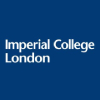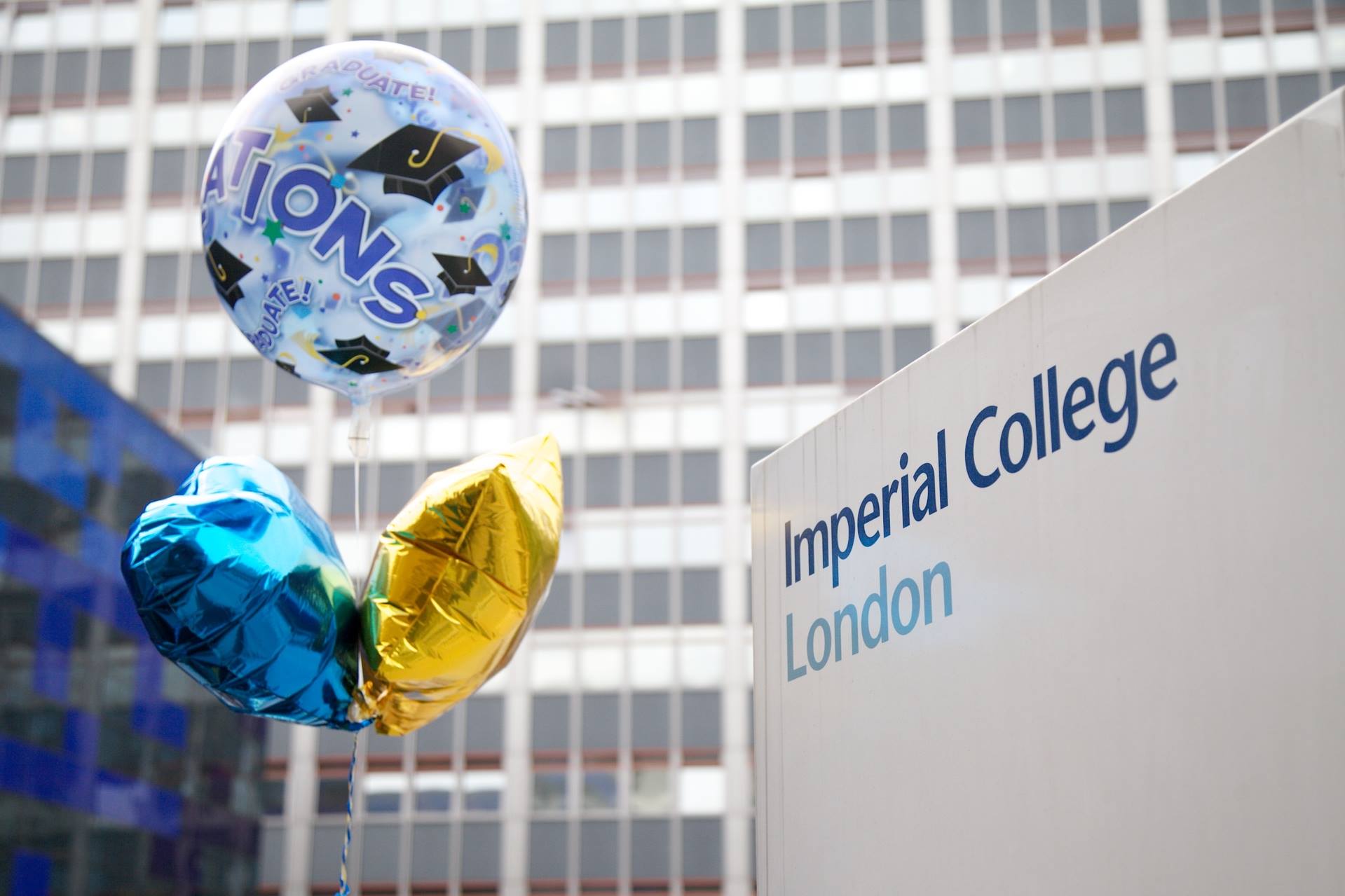South Kensington Campus, London SW7 2AZ, United Kingdom
Career Counselling

Imperial College London is a university in the city of London; It is renowned internationally for the quality of its research and academics. It is well over a century old, having been established by Royal Charter in 1907. Imperial has a diverse and international student body, with approximately 12,000 undergraduates from 125+ different countries, and 9,000 postgraduates.
Teaching and research at the College are organised into four Faculties: Engineering, Medicine, Natural Sciences, and the Imp...
| Establishment year | 1907 |
| Total Students | 20,749 (full-time; 2021-22) |
| International Students | 9,257 |
| QS World University Rankings 2024 | 6 |
| Campus Size | N/A |
| Total Number of Campuses | 9 (main: South Kensington; 6 of the 9 are used only by the School of Medicine) |
| University Website | https://www.imperial.ac.uk/ |
| No. of Schools and Divisions | 4 Faculties (Engineering, Medicine, Natural Sciences, Business School); 28 Departments |
| Nobel Prize Winner Alumni | 14 |
| No. of Courses | 200+ (Graduate), 130+ (Undergraduate) |
| Student to Faculty ratio | 15:1 (2020-21) |
Imperial College provides UG, PG teaching, and research courses within its 28 departments, organised into four faculties. Here are more details about each of the four main divisions:
In addition to these, there are over 50 interdisciplinary Institutes and Centres of Excellence within the College, tackling important issues like Climate Change, Vaccine Research, and Stem Cell technology.
The college receives a large number of applications for every admission offer it makes. In 2020-21, the undergraduate acceptance rate was 12.2%, whereas the postgraduate acceptance rate was 12.7%.
Imperial College admits undergraduates based on two or three criteria. All applicants must have completed an academic high school qualification that is equivalent to an A-Level. Further, a level of excellence is expected in the A-Level performance, that varies from country to country; the exact recommendations can be found on the College website. In addition, candidates must demonstrate their proficiency in English. Finally, some departments may conduct additional tests of expertise in a certain subject before offering admission.
For admissions to postgraduate courses, there are many factors that are taken into account. An applicant’s undergraduate academic performance is the most important criterion, but references submitted while applying are also crucial. Some postgraduate courses, especially in the Business School, may require work experience. Finally, fluency in English is a factor, as is a suitable fit between the candidate and the course.
The undergraduate admission process to Imperial College takes place online, through the University and Colleges Admissions Service (UCAS) website.
These are the steps in the application process:
The postgraduate admission process is similar. However, two references are needed (instead of one, as is the case for UG admissions), and an additional application fee is charged. Interviews are more common, especially at the Imperial College Business School. The deadlines vary by department; once an applicant has chosen one or two courses to apply to, he or she should find the relevant application deadline, and complete the process as soon as possible before the deadline.
Given the enviable academic reputation and research record of Imperial College London, the tuition fees are high. In addition, the cost of living is relatively higher in London than in surrounding towns.
For undergraduates, the tuition fees vary sharply based on whether the student is from the UK/ Ireland (classified as "home") or is from any other country (classified as "overseas"). For example, in the academic year 2022-23, Home undergraduates joining the Faculty of Engineering, Medicine, or Natural Sciences pay an annual tuition fee of £9,250, but Overseas UGs pay £35,100 on average (which goes up to £46,650 for Clinical students).
Tuition fees for postgraduate students also exhibit a similar trend, where PGs from the UK and Ireland pay an average of £15,000 per year, while international postgraduates pay approximately £40,000 annually.
Over and above tuition fees, both UG and PG students at Imperial College spend on accommodation, food, travel, and leisure. These costs come up to £14,380 on average (for 9 months, which is the normal length of stay on campus every year) or £18,982 for the full year.

Imperial College has its main campus at South Kensington, and most undergraduate and postgraduate teaching and research happens at this location. Its mixture of architectural styles - from 19th century buildings to futuristic towers - and huge library, sports facilities, and landscaped gardens make it a uniquely energetic student spot. In addition, the other 8 campuses all serve unique functions - for example, the Silwood Park location, where ecology and conservation studies are headquartered, is a region of great beauty located in the countryside.
Health and fitness are a way of life at Imperial. Students are encouraged to make use of the gym, swimming pool, and squash facilities. The Ethos Sports Centre provides a location for many of these activities. Additionally, the push for active travel on campus ensures that people convert a large part of their commute into walking, cycling, and running.

For the keen athletes among the student body, Imperial College offers 90+ sports clubs, catering to cricketers, footballers, rugby players, and even windsurfers. There is a tradition of excellence here as well, with the College sending teams to national leagues, and consistently ranking in the top 20 nationwide.
In keeping with the Imperial tradition of efficiency and organisation, the Careers Service supports its students in identifying target employers, preparing for the placement process, and performing excellently in interviews. Multiple media outlets have reported that graduates of the college earn some of the highest salaries in the country, above even Oxford and Cambridge. Among the UG departments, computing and the clinical departments see the highest average starting salaries, while business school graduates earn the highest PG pay packets, with the highest salary for the class of 2020-21 settling at £120,400. The research focus at Imperial College London equips its MSc graduates to succeed in doctoral and postdoctoral positions in the UK and abroad.
To offset the high costs of studying at Imperial College, students can apply for bursaries and scholarships. These grants are primarily based on academic achievements but can also take into account sporting and musical excellence. In addition, students can qualify for some scholarships based on their household incomes, or based on their country / area of origin.
Application process for scholarships: Both undergraduate and postgraduate students start their scholarship process with the search function on the Imperial College website. Once the student enters his or her details, the search filters and displays all available scholarships. Each scholarship typically has a different application process, supporting materials, and submission deadline. Some of these pay maintenance (living and expenses) costs, and other scholarships lead to a partial or complete waiver of the tuition fee.
Other scholarships: In addition to the scholarships that can be applied for via the Imperial site, students can also avail themselves of grants from external organisations, There are also highly selective sports and music scholarships. Home students (from the UK and Ireland) can apply for Imperial and NHS bursaries to reduce their tuition fees, while overseas students who are enrolled in the International Baccalaureate Diploma Program can apply for the IB Excellence scholarships.
